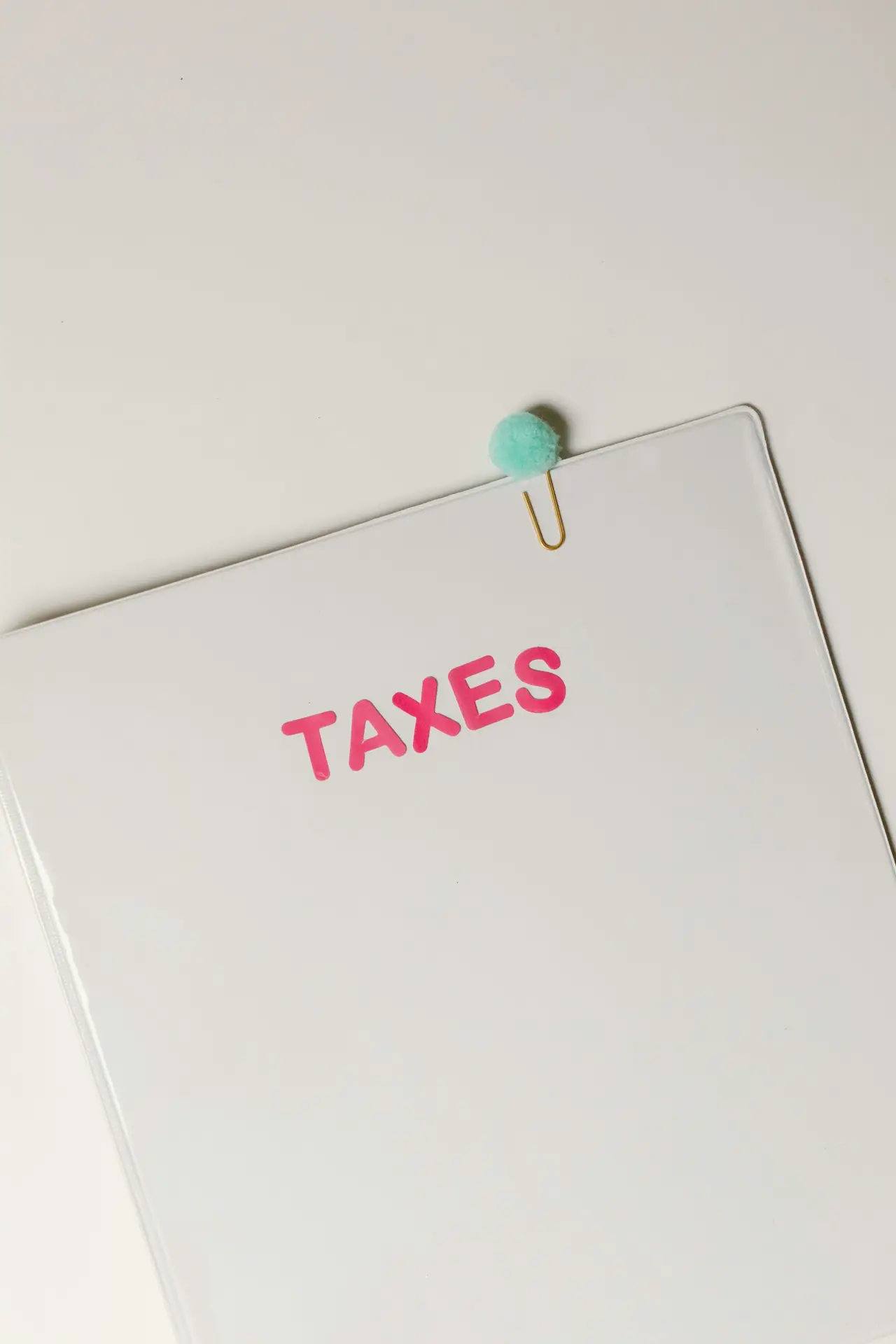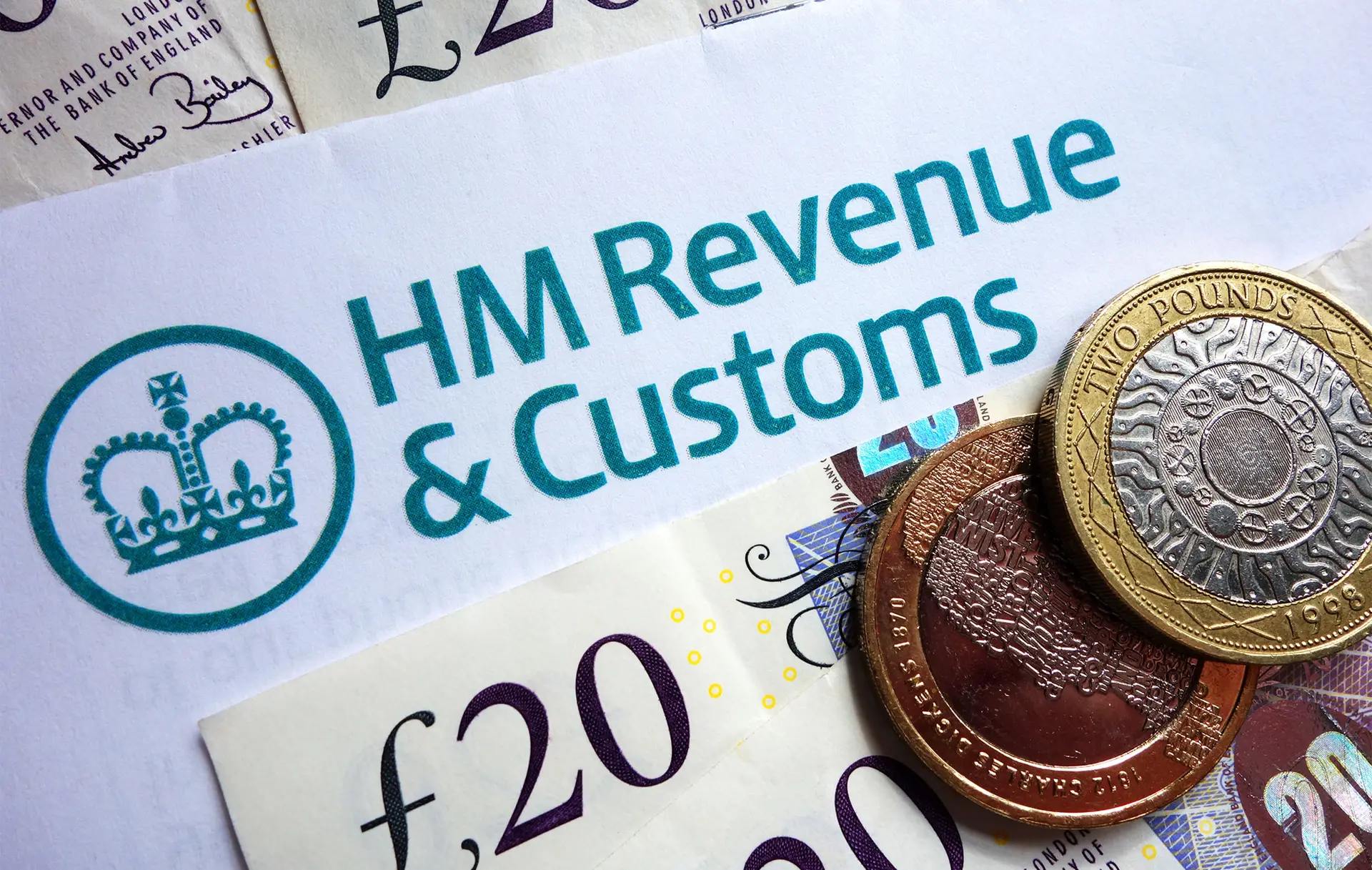In a recent statement the Treasury has announced that MTD for ITSA will be pushed back to 6 April 2024 in order to provide more time for taxpayers to make the necessary preparations and allow continued testing of the pilot. In view of the limited guidance issued to date on the new system and the pressures brought by Covid-19, this delayed start is welcome.
It is worth noting that the associated penalties for late filing and late payment for those mandated for MTD for ITSA will also be introduced from the 2024-25 tax year; there will be no period of grace for getting to grips with the system.
General Partnerships will not be required to join MTD until 2025-26. Dates for other types of partnerships to join are yet to be confirmed. HMRC will not introduce MTD for Corporation Tax before 2026-27.
The focus is currently on self-employed businesses and landlords with annual business property income above £10,000 to comply with MTD for ITSA, but HMRC have confirmed that in time the regime will be widened to cover all of its “customers”.
If you do not currently use software to maintain your records, you may wish to discuss your position with us now so that we can suggest suitable options and help you with the set up process. You will need software to send quarterly updates of income and expenditure to HMRC, submit end of period statements and submit a final declaration. The reporting requirements will be even more onerous if you are both self-employed and have rental income in excess of £10,000, because separate quarterly reports will need to be submitted for your business and rental activities.
The quarterly reports must be submitted within one month of the end of the standard quarterly period (for example, quarter 6 April – 5 July will need to be submitted by 5 August), and there will be penalties for late submission.
The end of period statement, where any accounting adjustments may be made, must be filed by 31 January after the end of the tax year. Again, a penalty may be incurred for late submission. HMRC say that this final declaration replaces your Self-Assessment Return. However, as other sources of personal income and any claims for tax relief must still be reported to HMRC, many people will still need to file a Tax Return.
HMRC’s policy paper recognises that MTD for ITSA will change the way many businesses and landlords manage their tax affairs and that costs are likely to be incurred when moving to the new system. The paper acknowledges that there will also be significant loss of time to the business due to the need to set up new systems or evaluate existing systems for MTD compatibility. HMRC’s paper predicts that the loss of time should be less where an agent assists with the transition.
We will review guidance from HMRC as and when it is made available and ensure you have the support required to adhere to the new regulations.
If you require further information or assistance, please do not hesitate to contact your Kilsby Williams team member on 01633 810081 or info@kilsbywilliams.com.




